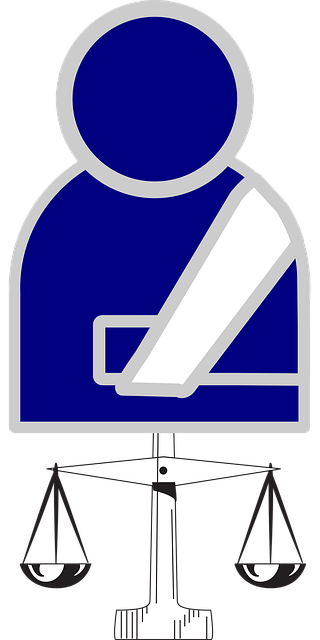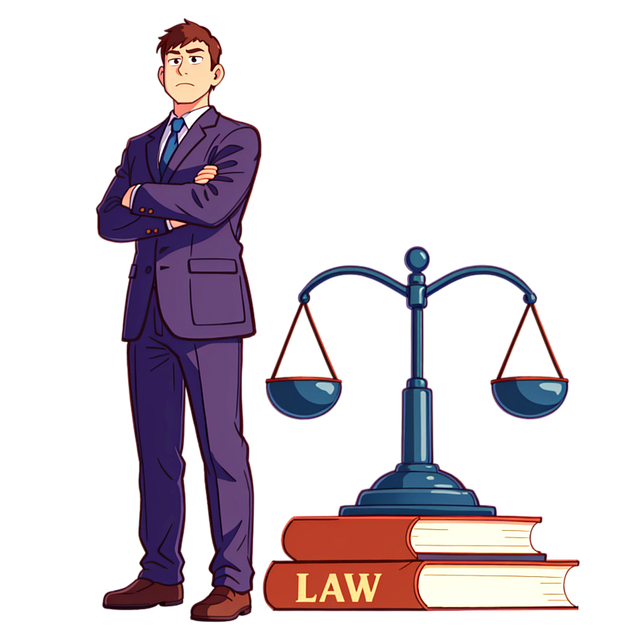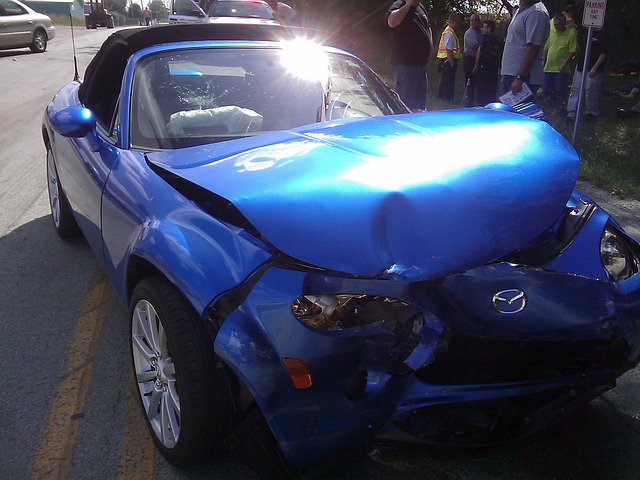A TBI attorney is key to navigating legal complexities for individuals with traumatic brain injuries, resulting from negligence or accidents. They require deep medical and legal knowledge, gathering evidence like medical records, expert witness testimony, and collaborating with other lawyers to establish liability. The goal is to prove the injury's direct correlation to the incident, accounting for physical, cognitive, and emotional impairments. A successful TBI attorney relies on key evidence including medical records, imaging reports, expert testimonies, and documentation of damages to secure a favorable outcome.
When pursuing a claim for traumatic brain injury (TBI), robust evidence is paramount to secure justice. A successful TBI attorney requires comprehensive documentation of injuries, medical records, and detailed accounts of damages to build a compelling case. Understanding the intricacies of TBI claims is essential, as these cases often involve complex neurologic impairments with significant impacts on victims’ lives. This article guides you through the critical evidence needed for a TBI attorney to navigate such challenges effectively.
- Understanding Traumatic Brain Injury (TBI) Claims
- Key Evidence Required for TBI Attorney Success
- Documenting Injuries and Damages for Strong Cases
Understanding Traumatic Brain Injury (TBI) Claims

Traumatic Brain Injury (TBI) claims require a nuanced understanding of both the medical aspects and legal procedures involved. A TBI attorney plays a pivotal role in advocating for individuals who have suffered this complex injury, often resulting from negligence or accidents such as auto or truck collisions. These cases demand meticulous attention to detail as they can involve significant physical, cognitive, and emotional impairments that impact an individual’s daily life.
When building a strong claim, a TBI attorney needs compelling evidence that demonstrates the direct correlation between the accident and the subsequent brain injury. This includes medical records detailing the diagnosis, treatment plans, and prognosis; expert witness testimony from neurologists or neuropsychologists to explain the causation and extent of the injury; and, in many cases, an auto accident attorney or truck accident lawyer may also be involved to provide evidence related to liability and the circumstances surrounding the incident.
Key Evidence Required for TBI Attorney Success

When a TBI attorney takes on a case, they require specific key evidence to strengthen their client’s claim and achieve a favorable outcome. The success of personal injury claims involving traumatic brain injuries (TBI) heavily relies on comprehensive and compelling evidence. This includes medical records detailing the diagnosis, treatment, and prognosis related to the TBI, along with any imaging reports such as MRIs or CT scans that visually represent the extent of the injury.
Additionally, a TBI attorney will seek testimony from healthcare professionals, including neurologists and neuropsychologists, who can provide expert opinions on the client’s condition, its impact on daily life, and potential long-term effects. Other essential pieces of evidence could be witness statements from individuals present during the auto accident that led to the TBI, as well as documentation of any rehabilitation efforts or support systems required post-injury. For elder law cases, cognitive assessments and care plans can further strengthen claims, demonstrating the significant changes in the individual’s mental capabilities and subsequent need for specialized assistance.
Documenting Injuries and Damages for Strong Cases

When building a strong case for a TBI attorney, documenting injuries and damages is paramount. This process involves gathering comprehensive medical records detailing the extent and duration of physical and cognitive impairments resulting from traumatic brain injuries. It’s crucial to include diagnostic tests, scans, and reports that highlight any neurological changes post-injury. Additionally, evidence of lost wages, medical expenses, and the impact on daily living or ability to work can significantly strengthen claims for client recovery.
Furthermore, TBI attorneys often require testimonies from medical experts who can provide insights into the specific nature of brain injuries and their lasting effects. This expert testimony, coupled with evidence of auto accident injuries and any relevant partnership disputes, can paint a compelling narrative that underscores the severity and long-term consequences of such injuries.
When building a strong case for a TBI attorney, comprehensive documentation of injuries and damages is crucial. By gathering key evidence, such as medical records, expert opinions, and witness statements, attorneys can effectively navigate the complexities of traumatic brain injury claims. This ensures that clients receive the compensation they deserve for their physical, cognitive, and emotional impairments resulting from TBI.






